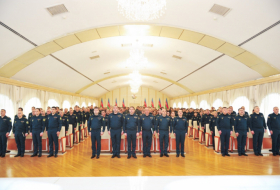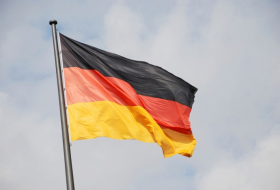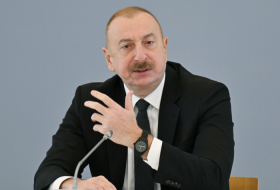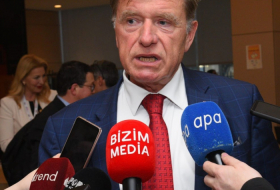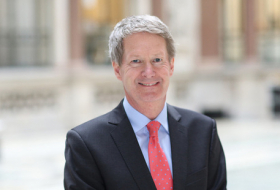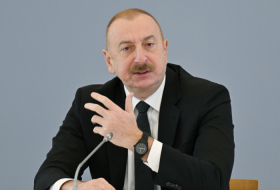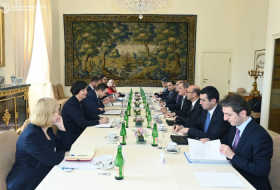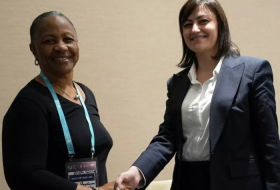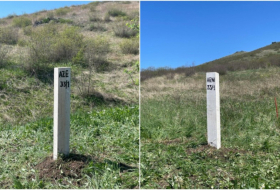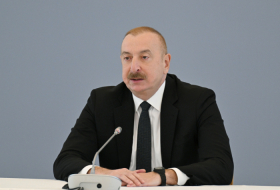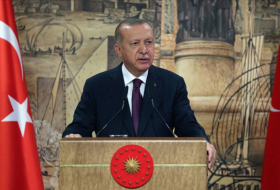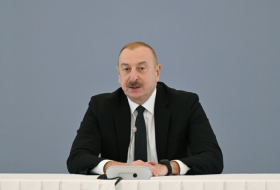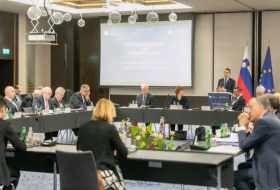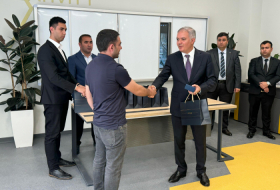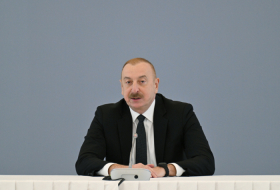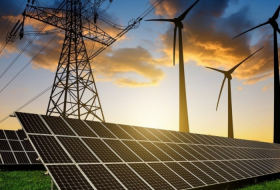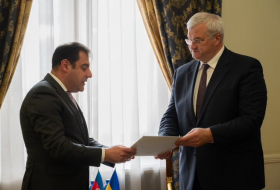More than 100 people took part in the unauthorised procession through the streets of the capital before being stopped by security officials near the seafront.
Footage posted on social media showed plain-clothed officers detaining one activist against a car after ordering the group to disperse.
The march was organised after the state-run National Centre for Sex Education (Cenesex) unexpectedly cancelled the 12th annual “Conga Against Homophobia”, the Cuban equivalent of gay pride.
Cenesex, which is headed by Mariela Castro, the daughter of Communist Party leader Raul Castro, issued a statement claiming that groups were trying to use the event to undermine the government.
Referring to US “aggression against Cuba and Venezuela”, it appealed to the public to join 29 other official LGBT events on Saturday rather than what it called “provocations or politically-biased attacks.”
Those involved rejected the claims. Myrna Rosa Padron Dickson, one of the demonstrators, said: “This isn’t a political march, this is a celebration to give the LGBT community visibility."
“We’re not here in opposition to anybody,” added Raul Soublett, a 26-year-old gay rights activist. “It’s historic. It was a complete success because we got so many people together despite all the expectations of government interference.”
Lidia Romero, 49, said: “This is because we don’t want to lose our rights to public space.”
Several activists claimed they had received threats on social media and warnings from state security officials not to attend the march.
Others said they felt the cancellation of the conga was a sign that LGBT rights were being eroded and the government was reacting to pressure from evangelical churches, which have campaigned against the expansion of gay rights.
It was the second march organised independently of state institutions in just over a month, although the previous event – in defence of animal rights – received an official permit.
“This moment marks a before and an after for the lesbian, gay, bisexual and transgender community but also for Cuban civil society more generally,” said independent journalist and LGBT activist Maykel Gonzalez Vivero.
“Social media is playing its role and civil society demonstrated it has strength and can go out onto the streets if necessary, and from now on the government will have to take that into account.”
Discrimination based on sexuality or gender is illegal in Cuba but proposals to allow gay marriage were removed from draft reforms to the constitution this year following a public consultation.
The US Embassy in Cuba issued a statement criticising the “aggressive arrests”.
"The regime denies the Cuban people their fundamental rights,” it added.









